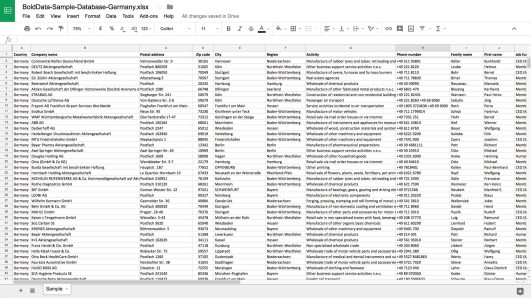Charoen Pokphand Foods (CPF): Nourishing the World through Sustainable Agribusiness
Introduction:
Founded in 1978, Charoen Pokphand Foods (CPF) has emerged as a global powerhouse in the agribusiness industry. Headquartered in Bangkok, Thailand, CPF is a leading integrated agro-industrial and food business, with operations spanning the entire food production chain. The company’s diverse portfolio includes livestock farming, aquaculture, feed production, and food processing.
Integrated Agro-Industrial Operations:
CPF’s strength lies in its vertically integrated operations, covering the entire agro-industrial spectrum. The company engages in livestock farming, including poultry, swine, and cattle, as well as aquaculture for shrimp and fish production. This integrated approach enables CPF to exercise control over the entire production process, ensuring quality and sustainability.
Global Presence and Market Leadership:
With a significant global presence, CPF operates in over 20 countries, contributing to its status as a key player in the international agribusiness market. The company’s operations extend across Asia, Europe, and the Americas, allowing CPF to adapt to diverse market demands and strengthen its position as a market leader.
Feed Production Expertise:
CPF is a major player in the production of animal feed, a critical component of its integrated operations. The company formulates and manufactures high-quality feed for its livestock and aquaculture operations, emphasizing nutritional excellence to promote the health and well-being of the animals in its care.
Food Processing and Consumer Products:
Beyond agro-industrial operations, CPF is involved in food processing and the production of consumer products. The company’s diverse product range includes processed meats, ready-to-eat meals, and various value-added food items. CPF’s commitment to quality extends from the farm to the consumer’s table, ensuring safe and nutritious food products.
Sustainability and Responsible Practices:
CPF places a strong emphasis on sustainability and responsible agribusiness practices. The company prioritizes environmentally friendly farming methods, animal welfare, and resource efficiency. CPF’s commitment to sustainability aligns with global efforts to address the environmental impact of agribusiness and promote ethical practices.
Innovation and Technology Adoption:
In the pursuit of operational excellence, CPF invests in innovation and technology adoption. The company leverages advanced technologies in animal husbandry, aquaculture, and food processing to optimize efficiency, improve yields, and meet the growing demand for protein in a sustainable manner.
Quality and Food Safety Assurance:
CPF prioritizes quality and food safety throughout its operations. The company adheres to stringent quality control measures, implementing international standards and certifications. CPF’s dedication to ensuring the safety and integrity of its products reinforces consumer confidence and regulatory compliance.
Community Engagement and Social Responsibility:
Engaging with local communities, CPF actively participates in social responsibility initiatives. The company supports education, healthcare, and community development projects, contributing to the well-being of the regions where it operates. CPF’s commitment to social responsibility reflects its role as a responsible corporate citizen.
Challenges and Industry Dynamics:
Operating in the agribusiness sector, CPF faces challenges related to environmental sustainability, market volatility, and regulatory compliance. The company’s ability to navigate these challenges through innovation, sustainable practices, and strategic planning is crucial for maintaining its leadership in a dynamic industry.
Outlook and Future Growth:
As CPF looks to the future, its commitment to sustainable and integrated agribusiness positions it for continued growth and impact. The company’s focus on innovation, responsible practices, and meeting global food demand underscores its role in nourishing the world while contributing to the long-term sustainability of the agribusiness industry.

